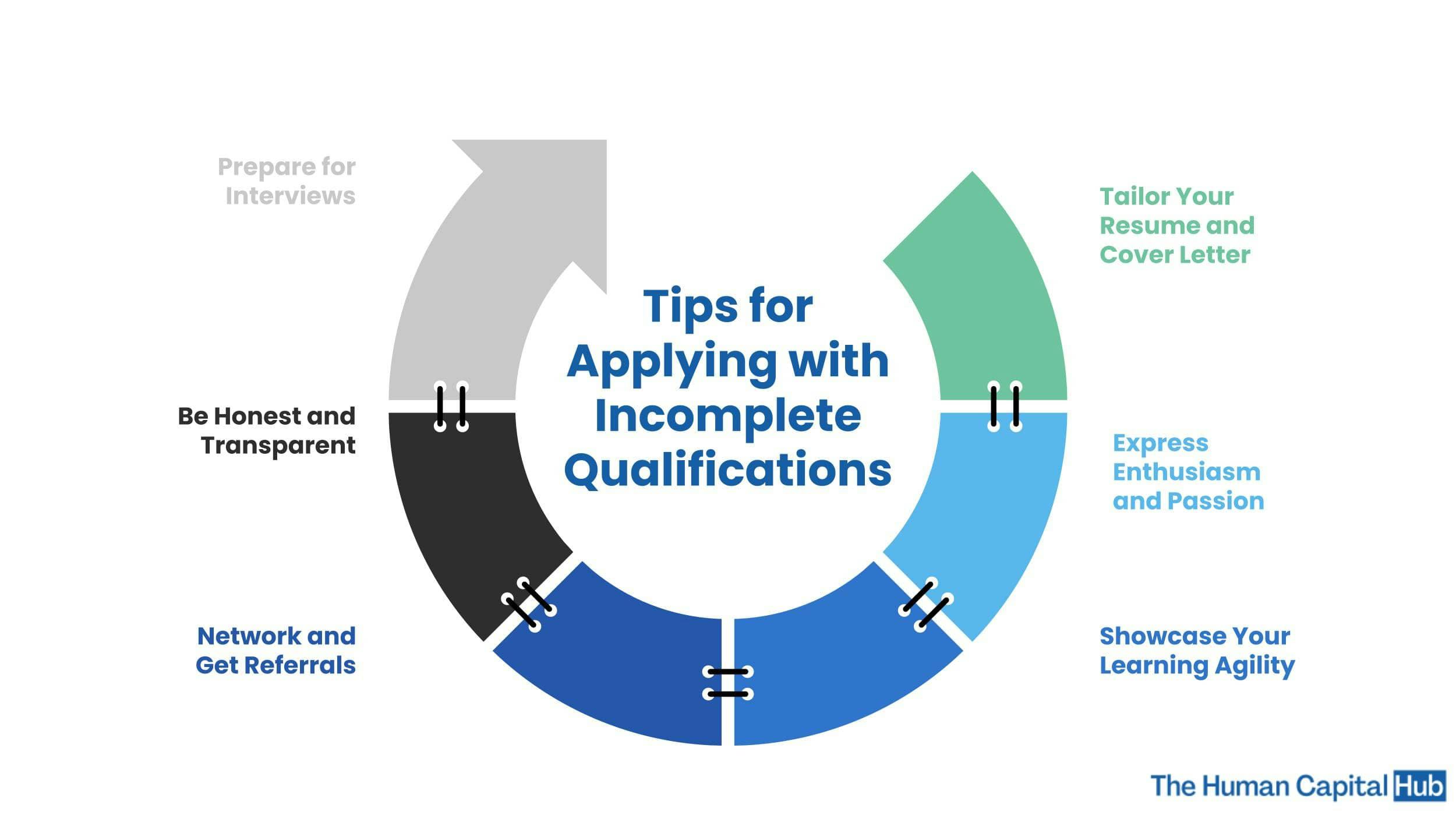Introduction
Regardless of industry or experience level, today's job seekers have one thing in common: they're looking for their next opportunity in a tough job market. On top of an ever-shifting wave of technological innovation that is shattering the old rules of job hunting and causing seismic shifts in how they pursue the next steps in their career ladders, companies' methods of sourcing resources and meeting their staffing needs are evolving.
The days of everyone pursuing a full-time position with benefits are dwindling. They are being replaced by an expanding gig economy in which employees create "a la carte" workloads of various projects from various employers and companies that hire on a freelance or contract basis. Furthermore, competition for available work is becoming more intense, which means that at least one old maxim for achieving success in the workplace still holds. If you want to land your next great job, you'll have to be at your absolute best during the application and hiring process.
How to tell which qualifications are negotiable
Advertisment
When many job seekers are looking for their next great job, they frequently come across positions that they believe would be perfect for them. Except for a tiny detail and they talk themselves out of even applying for fear of not meeting the employer's minimum expectations for qualified candidates. It's a sad reality that keeps many people from performing admirably if given the chance.
The notion that you can't get hired unless you meet all of the qualifications is a complete misinterpretation of how most hiring processes work. "I think a lot of hiring managers are writing job descriptions for the ideal candidate," says Jamie Jensen, a recruiter at Careers in Nonprofits. "How often will we cross off all of those bullets?" That won't happen very often." Instead of viewing the qualifications section as a checklist, consider it a wish list.
If you reframe the qualifications section of a job posting as a wish list, the next step is to determine which qualifications are "must-haves" and which are "nice to have." The word "preferred" is a significant tip. If you don't have the preferred qualifications, that's fine; if you do, highlight that in your resume and cover letter. The phrase "or equivalent" implies that the qualification is negotiable as well. Neilson from Elevate uses that phrase to invite applicants to make the case for why their experience is a good fit.
However, "minimum" is a different type of important signal. Applicants who do not meet the minimum requirements are screened out before the hiring manager even sees the candidate pool in some fields. Whilst in other areas, whether or not the "minimum" is flexible is largely determined by how far you are from the minimum. If a job posting requires at least four years of experience and you only have three, the difference may be negotiable depending on your other qualifications. However, if the job posting states that you must have at least eight years of experience and you only have three, that is a stretch.
Tips for applying when you don’t meet all the qualifications
You could spend all day parsing words in a job posting, but it all boils down to one question: Can you make a compelling case for why you would succeed in this position? Several sectors would benefit from people being brave enough to apply for positions who are confident they can make the case. So, how are you going to make your case?
Cover Letters
Most hiring managers emphasize the significance of a well-written, personalized, and compelling cover letter. When an applicant's resume reflects some but not all of the listed qualifications, a cover letter explaining how their skills and experience relate to the position is key to getting past hiring managers' scepticism.
Related: 10 tips when writing a cover letter
Draw on various types of experience
Don't undervalue your volunteer experience. Candidates frequently go into detail about their professional experience while listing their volunteer experience on their resume as only one bullet point. Just because you weren't getting paid didn't mean you weren't working. Demonstrating your willingness to devote your time to a cause, especially if your volunteer work is related to the mission of the organization you're applying to work for, can make a big difference. Student experience may also be beneficial.
Related: Experience does not predict job success
Wrapping it up
If you're looking for a job and wondering how closely your qualifications must match job postings, the answer is "close enough can be good enough." Adherence to the qualifications section of a job ad varies by company, but not having every single bullet point covered should never prevent you from applying.
Practically speaking, almost everyone would benefit from treating job advertisements as a set of guidelines about what a position entails, rather than a strict list of requirements that every applicant must meet. Of course, having at least some of the skills required for a job is essential. However, no one should limit themselves to positions in which they are already overqualified. All the best in your job applications!
